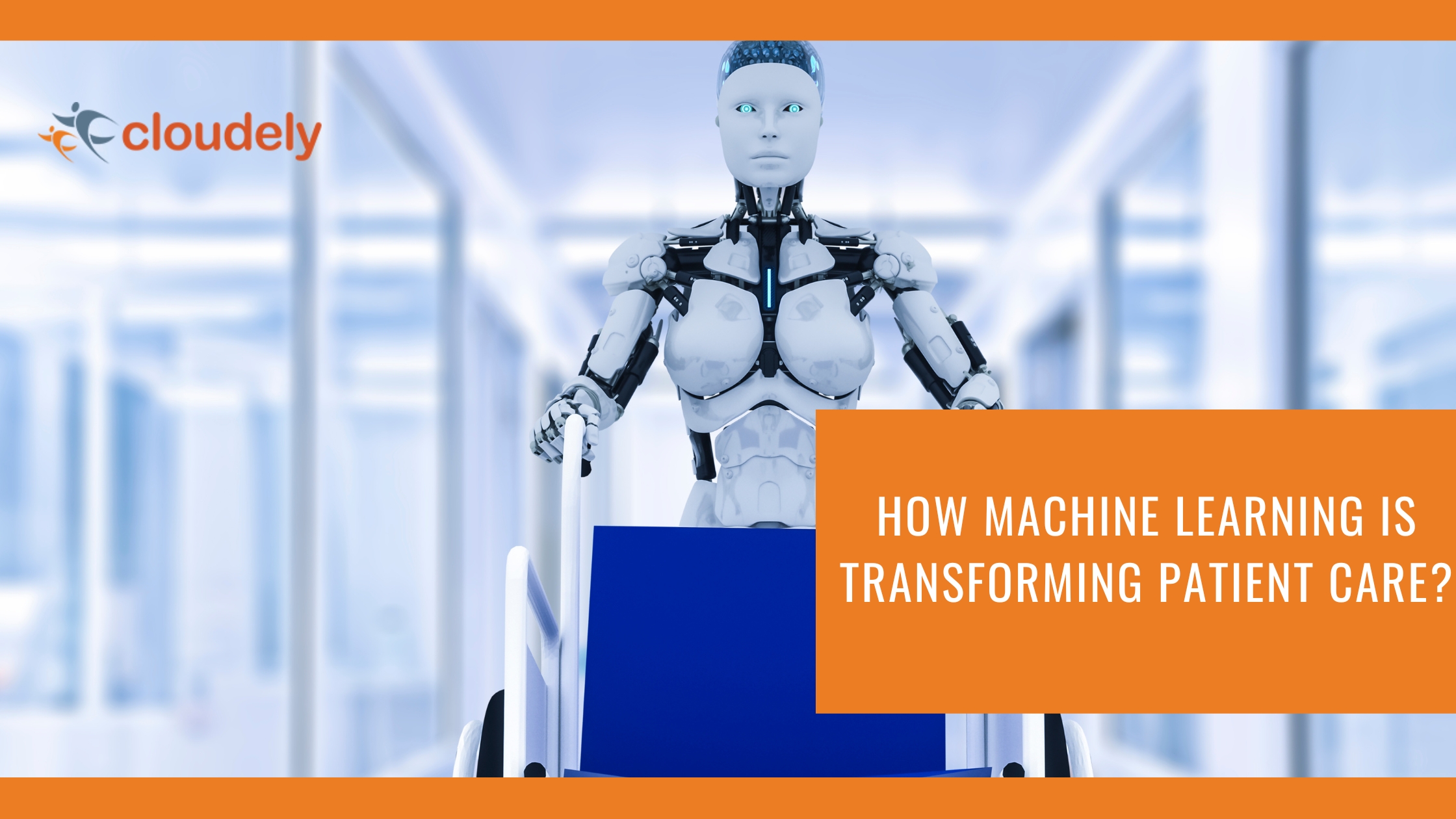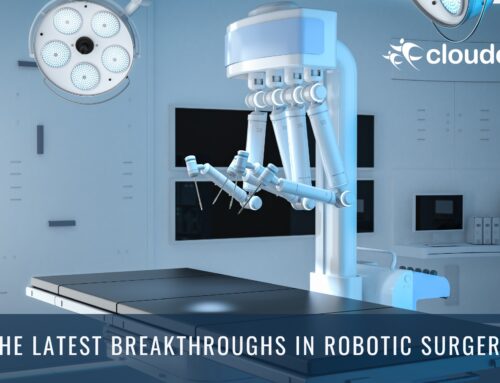The use of intelligence (AI) and machine learning in the healthcare sector is leading to advancements that are positively impacting people’s lives. The rapid progress in technology development is also contributing to these improvements. Enhancing the well-being of patients throughout their healthcare journey. From personalized medicine to robotic surgery, AI is profoundly impacting the way healthcare is delivered and experienced.
Table of Contents
The Wondrous Potential of AI in Healthcare
The potential for AI in healthcare is simply astounding. Sophisticated algorithms can analyze massive datasets from medical records, lab tests, clinical research and more to uncover patterns and insights unattainable through human effort alone.
By learning from past experiences, AI systems can make remarkably accurate predictions to guide better decision-making. Innovators are leveraging these capabilities to build intelligent tools assisting clinicians in every aspect of care.
AI can expedite diagnosis by detecting early disease signals in scans and samples. It can identify optimal treatment protocols based on a patient’s unique profile.
AI chatbots act as virtual nurses offering health advice anytime. Machine learning algorithms even help design new life-saving drugs.
The result is more personalized, proactive, and evidence-based healthcare driven by data. AI adoption in medicine promises earlier intervention, reduced errors, improved efficiency, and cost-savings. Most importantly, it empowers doctors to provide the best possible care to each person.
Revolutionizing Medical Imaging and Diagnostics
One major application of AI is analyzing medical scans and pathology slides more precisely to transform the diagnostic process. Deep learning algorithms can detect subtle abnormalities and identify diseases from images better than the human eye.
For instance, AI assessment of tissue biopsies can accurately classify skin cancers. Research shows computer vision algorithms diagnose melanoma as effectively as experienced dermatologists. Similarly, AI-enabled MRI breast cancer screening has reduced false positives and unnecessary biopsies.
By automating the evaluation of CT scans, X-rays, and ultrasounds, AI allows radiologists to work faster and with greater accuracy. It also helps prioritize the most critical cases. Augmented intelligence is assisting doctors, not replacing them.
Revolutionizing Medical Robotics and Surgery
Robotic surgery mediated by advanced AI offers minimally invasive options with greater precision, flexibility, and control than conventional methods. Surgeons operate using robotic systems that translate every hand movement into micromovements of tiny instruments inside the patient’s body.
With higher skill, smoother motions, and superior visuals from small cameras, robots enable incredibly precise interventions.
AI adds more automation to the mix. Smart robots can conduct certain surgical tasks independently after being trained through machine learning algorithms. This could allow the automation of repeatable actions needing advanced skill levels beyond human ability.
Suggested Reading: What is HIPAA Compliance?
Transforming Early Disease Detection and Diagnosis
Many major diseases become exceptionally hard to manage at later stages. Early detection through screening and smart diagnostics is key to timely intervention, improving survival rates and quality of life. AI innovation is bringing this vision closer to reality.
For instance, scientists have developed an AI system that reliably detects prostate cancer by analyzing stored urine samples. It identifies molecular biomarkers linked to malignancy. Potentially, painful tissue biopsies could be replaced by this non-invasive liquid biopsy.
Additionally, scientists developed an AI model that can forecast Alzheimer’s disease up to six years before a clinical diagnosis. Machine learning algorithms look for linguistic and cognitive patterns in speech that signal future cognitive decline. Early interventions at the mild impairment stage can help slow progression.
Revolutionizing Drug Discovery and Clinical Trials
The conventional approach to developing new medicines is challenging, time-consuming, and failure-prone. AI is set to disrupt pharmaceutical research and clinical trials through its ability to analyze complex data rapidly.
One major application is expediting the initial phase of identifying candidate molecules with desired properties. Machine learning algorithms can fast-track the extremely lengthy drug discovery process by screening libraries of compounds.
Later, artificial intelligence helps select the right participants for trials using predictive analytics. It also mines through records to extract safety signals of side effects early. AI is making clinical trials quicker, targeted, and safe.
The Road Ahead
As long as ethics and inclusivity remain priorities, the future looks bright. AI adoption in healthcare will empower doctors to surpass existing human limitations when talent teams up with technology; a future with personalized and predictive medicine leading to healthier lives seems within reach. The AI healthcare revolution has just begun.
Transform your healthcare contract management with Cloudely. Email us at hello@cloudely.com to know how.






